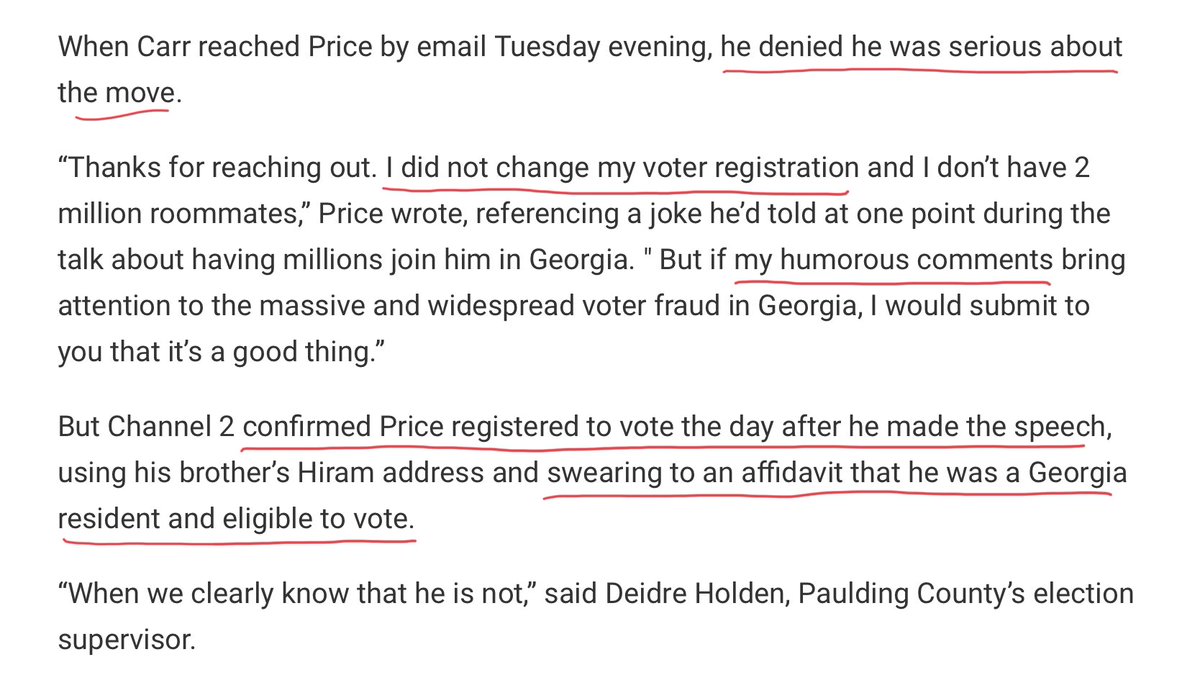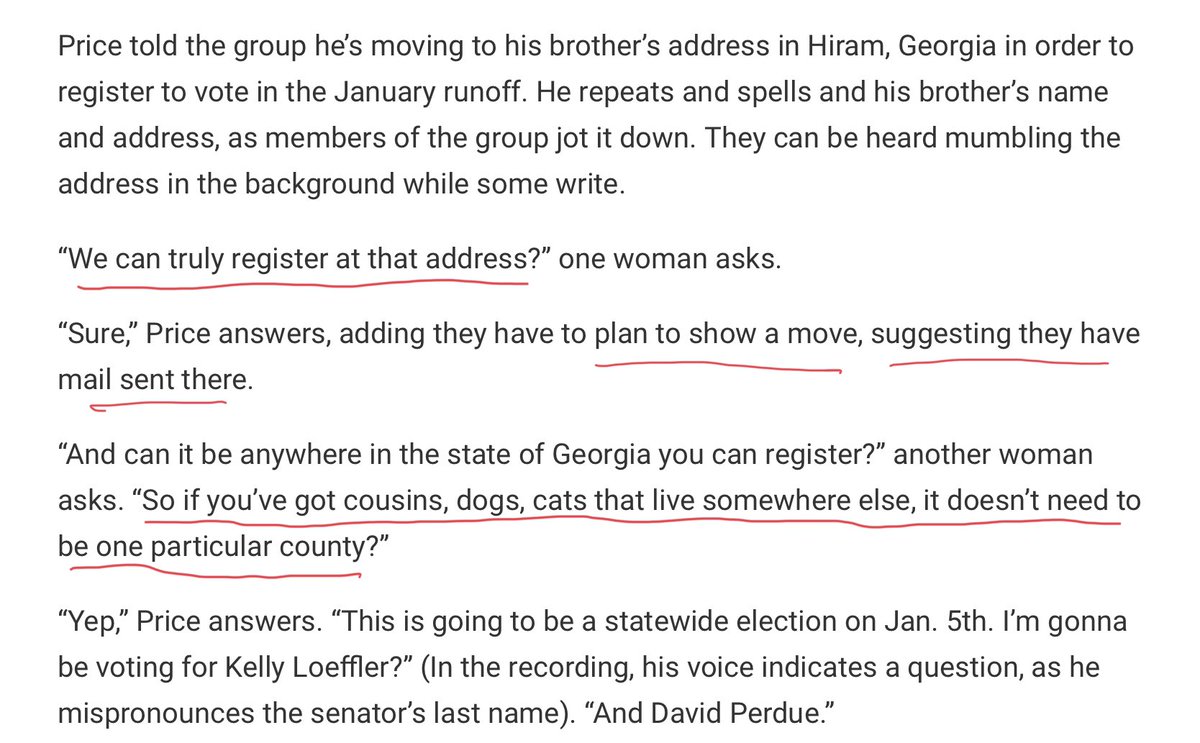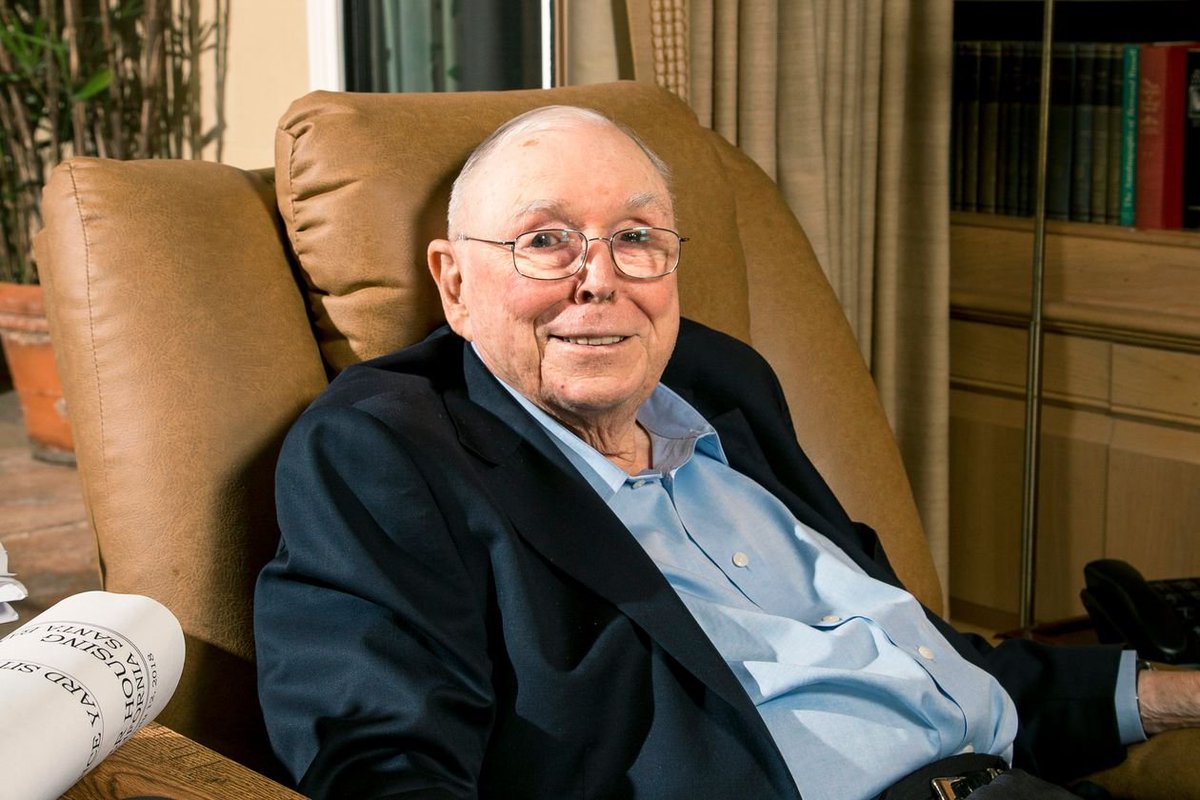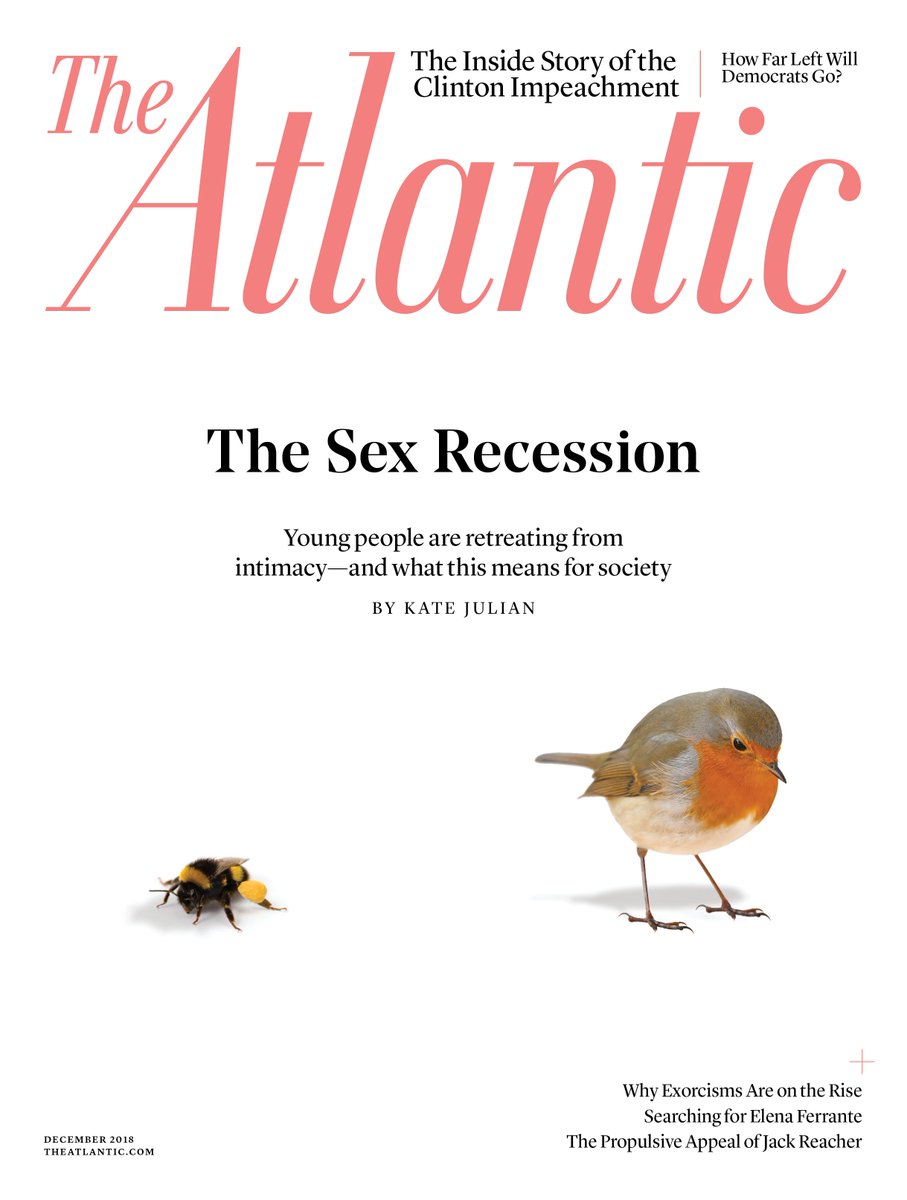Where were we: Boaz Barak proposed a “law of nature” that if there is a physical device that can make a certain computation C, then there is a quantum circuit that computes C. 1/11
@boazbaraktcs @quantum_aram @AspectStalence @RosenblumSerge
4/11
@boazbaraktcs @quantum_aram
11/11
More from Law
Holy Shit. Florida GOPer caught on tape telling fellow FL GOPers to make false voter registrations in Georgia so they could vote to save Loeffler and Perdue. He in fact DID register in Georgia and is now under investigation.
2/ A pretty kickass reporter, Nicole Carr, recorded the video before the guy took it down. When she confronted him he insisted it was all a joke and of course he didn’t register in Georgia. But she checked and he had.
3/ This is Nicole Carr ...
4/ amazing. Here’s where she catches him 🤣🤣🤣🤣🤣🤣🤣🤣🤣🤔🤔

5/ Also on the video you’ve got these ladies saying, hey wait, this can’t really be legal can it? And he’s like, yeah totally cool. Then he advises on how to create a backstory for the fake move.

2/ A pretty kickass reporter, Nicole Carr, recorded the video before the guy took it down. When she confronted him he insisted it was all a joke and of course he didn’t register in Georgia. But she checked and he had.
3/ This is Nicole Carr ...
\u201cIf that means changing your address for the next two months,so be it.I\u2019m doing that. I\u2019m moving to Georgia.\u201dOur 6 investigation reveals deleted video-a FL attorney telling GOP members how to move to GA,vote in runoffs. It\u2019s illegal.There\u2019s more,& an investigation @wsbtv #gapol pic.twitter.com/or2PgWQrT1
— Nicole Carr (@NicoleCarrWSB) December 2, 2020
4/ amazing. Here’s where she catches him 🤣🤣🤣🤣🤣🤣🤣🤣🤣🤔🤔

5/ Also on the video you’ve got these ladies saying, hey wait, this can’t really be legal can it? And he’s like, yeah totally cool. Then he advises on how to create a backstory for the fake move.

I was right. "Lawyer" starts out with name-calling and an insistence that trial is "unconstitutional". He's saying Trump's 1/6 speech was rather bland, and pretending that was the only thing the House managers talked about, and the managers were "slanderous."
Bilious bullshit.
"Lawyer" is arguing that since there were objections raised by Democrats to some of the vote counts in 2016, that means Trump didn't engage in sedition.
I'm not sure how that logic works.
Now they're running a Trump campaign commercial.
A bunch of whataboutism, contrasting patriotic music behind Trump's racist dogwhistles about "law and order" against Democrats making firey speeches with dark music.
He went to the moronic Gym Jordan argument that Trump couldn't have instigated insurrection if the violence was gonna happen anyway (without acknowledging Trump had been encouraging and building up to that violence for close to a year).
Bilious bullshit.
Trump's "lawyers" won't offer any sort of defense.
— DCPetterson (@dcpetterson) February 12, 2021
They will distract, deflect, distort and dissemble.
They'll engage in whataboutism and name-calling.
They'll call the trial "unconstitutional," even though the Senate decided it wasn't.
They won't engage with the facts.
"Lawyer" is arguing that since there were objections raised by Democrats to some of the vote counts in 2016, that means Trump didn't engage in sedition.
I'm not sure how that logic works.
Now they're running a Trump campaign commercial.
A bunch of whataboutism, contrasting patriotic music behind Trump's racist dogwhistles about "law and order" against Democrats making firey speeches with dark music.
He went to the moronic Gym Jordan argument that Trump couldn't have instigated insurrection if the violence was gonna happen anyway (without acknowledging Trump had been encouraging and building up to that violence for close to a year).


























